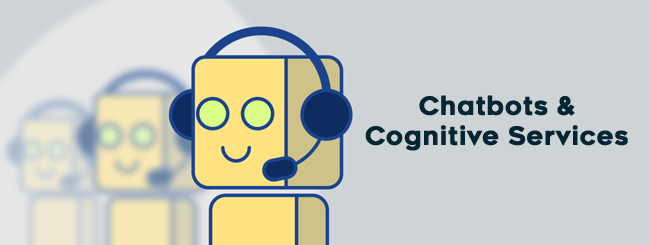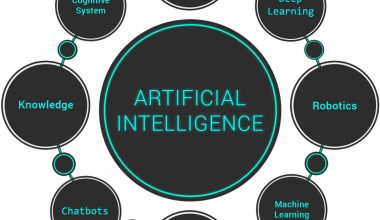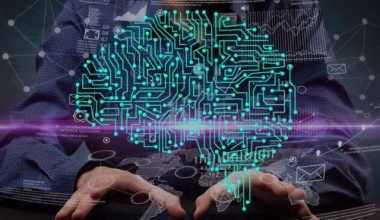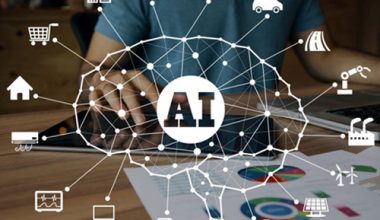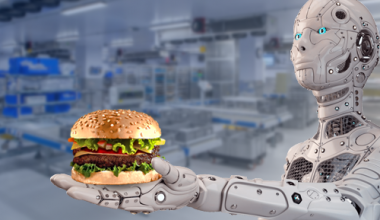Chatbots are the boon of our century – they’re humanoids that use natural language processing and artificial intelligence to aide businesses in building relationships with potential and existing customers. When fed with adequate information, they can carry out human like conversations with people and answer their queries. It acts as a customer service representative, only smarter, quicker and available 24/7. Human drawbacks affecting productivity like mood, energy, motivation, etc are absent in chatbots.
To meet the market demand and build the reputation of any organization, the need for handling customer grievances and queries is more than ever. Equipped with machine learning, chatbots are always on a loop of continuously learning from human inputs, identifying and tracking their behaviour, and improving its response quality. The more it functions, the smarter it gets. Organisation’s magnitude of efficiency and cost cutting increases drastically; profits can be generated even after office hours. There is no end to how beneficial chatbots can prove to be when implemented correctly. From providing customers with adequate answers, saving several man hours and reducing work load on employees, they ace it all with ease.
While chatbots are primarily limited to text based communication, its advanced counterpart – cognitive computing – takes care of more complex features like face recognition, emotion sensing, voice detection and visual tagging. Cognitive services make extensive use of artificial intelligence to understand human responses and act aptly.
Businesses can use these technologies to gather rich data and enhance their understanding of their customer base. With better clarity on what clients need, want, like and dislike, businesses can market their products or services accordingly. Adapting chat bots and cognitive services in one’s business processes is an affirmed path to increased growth and success.
